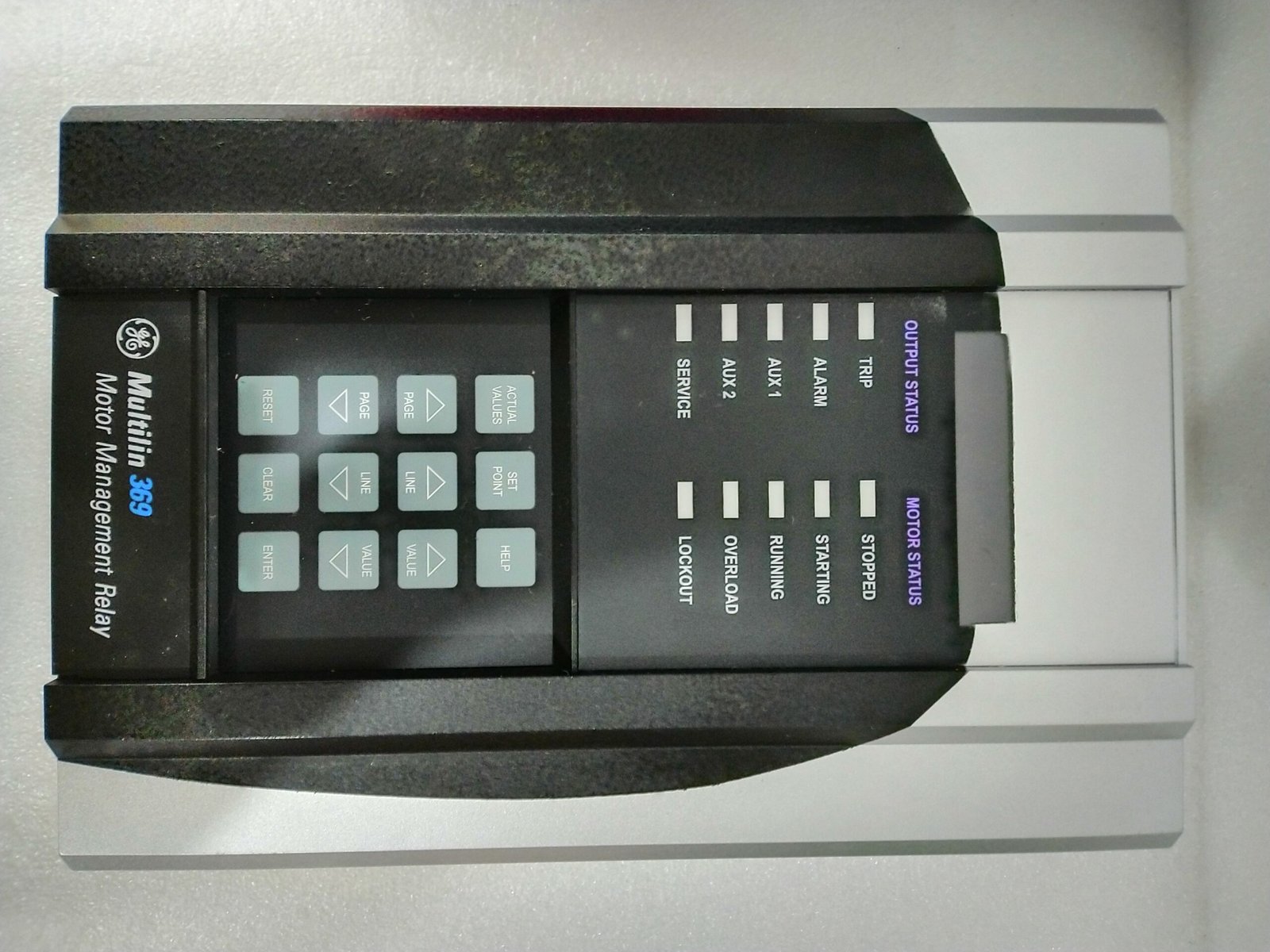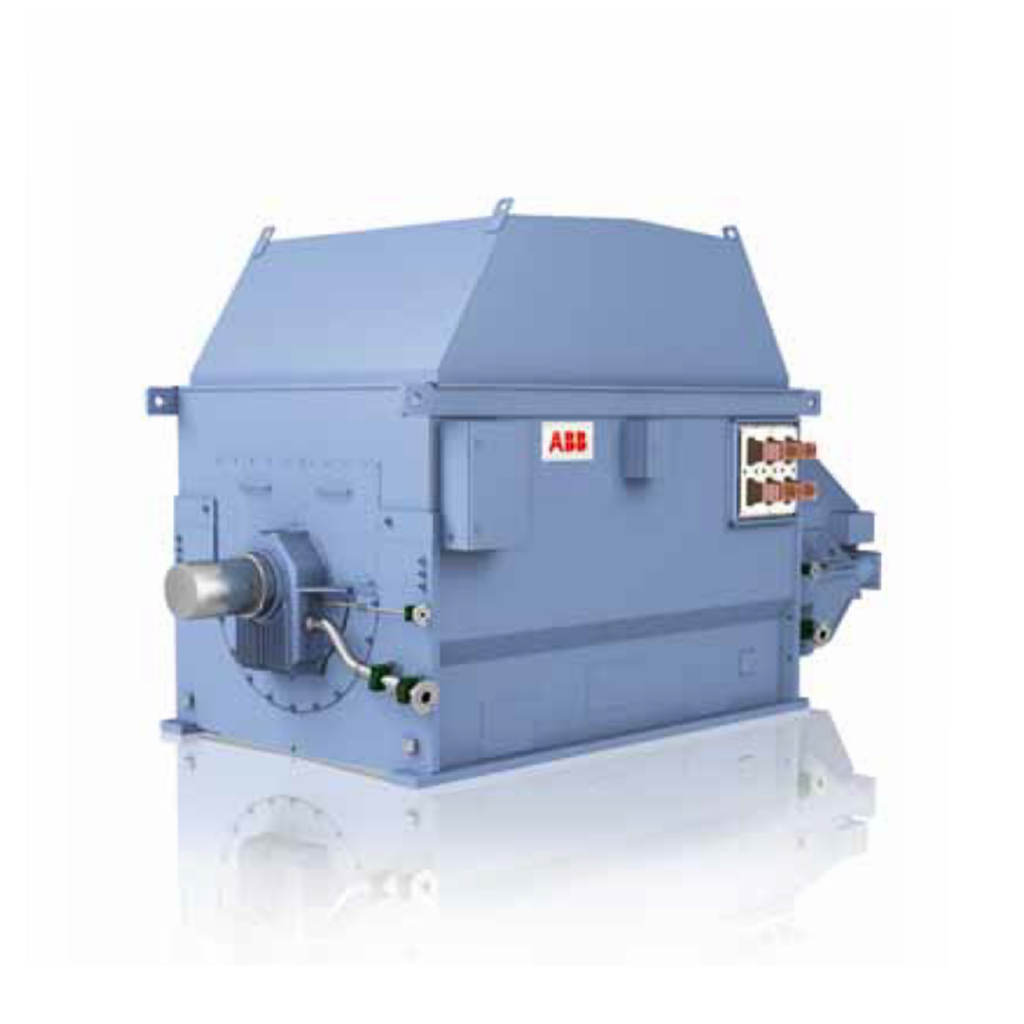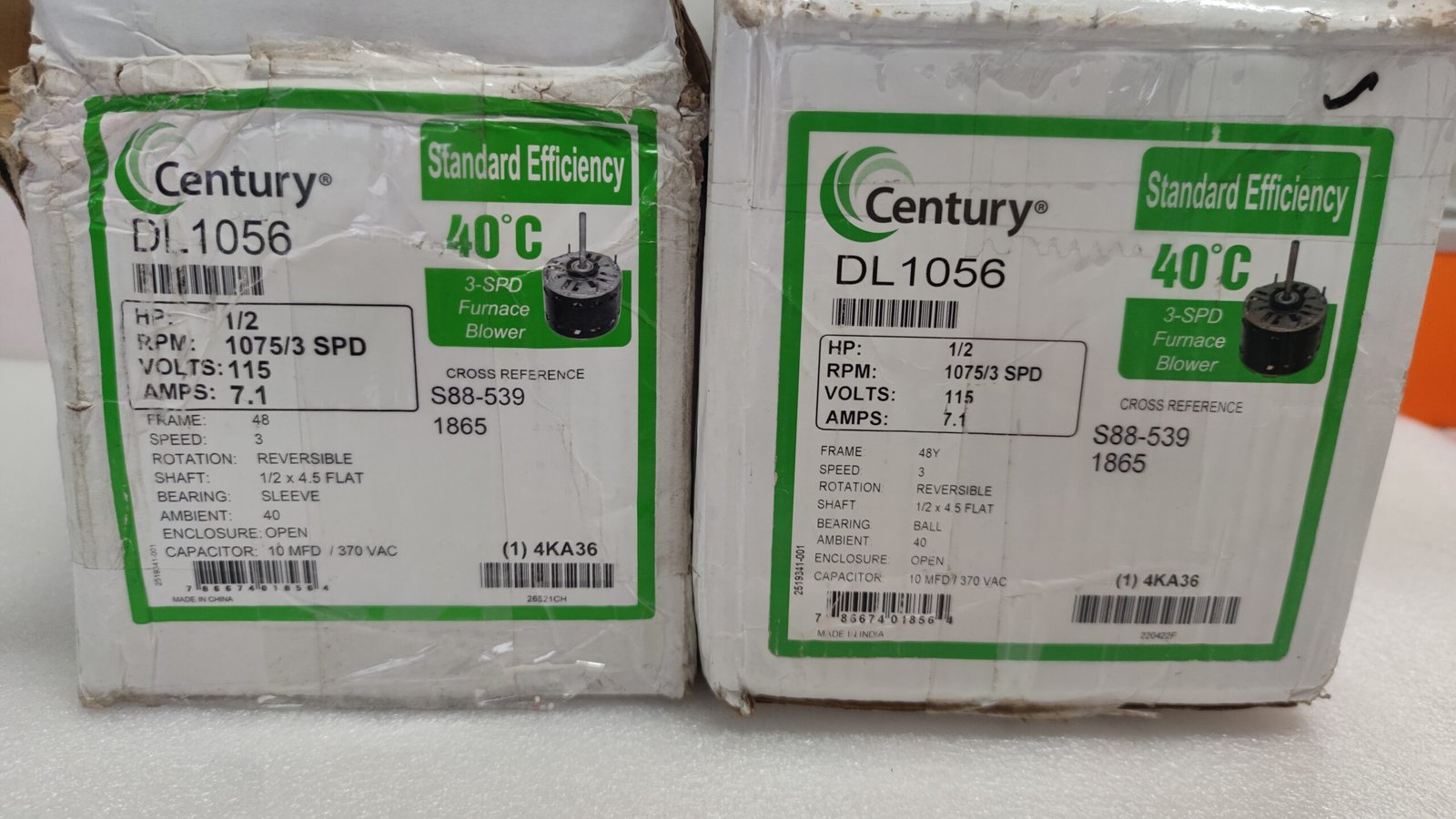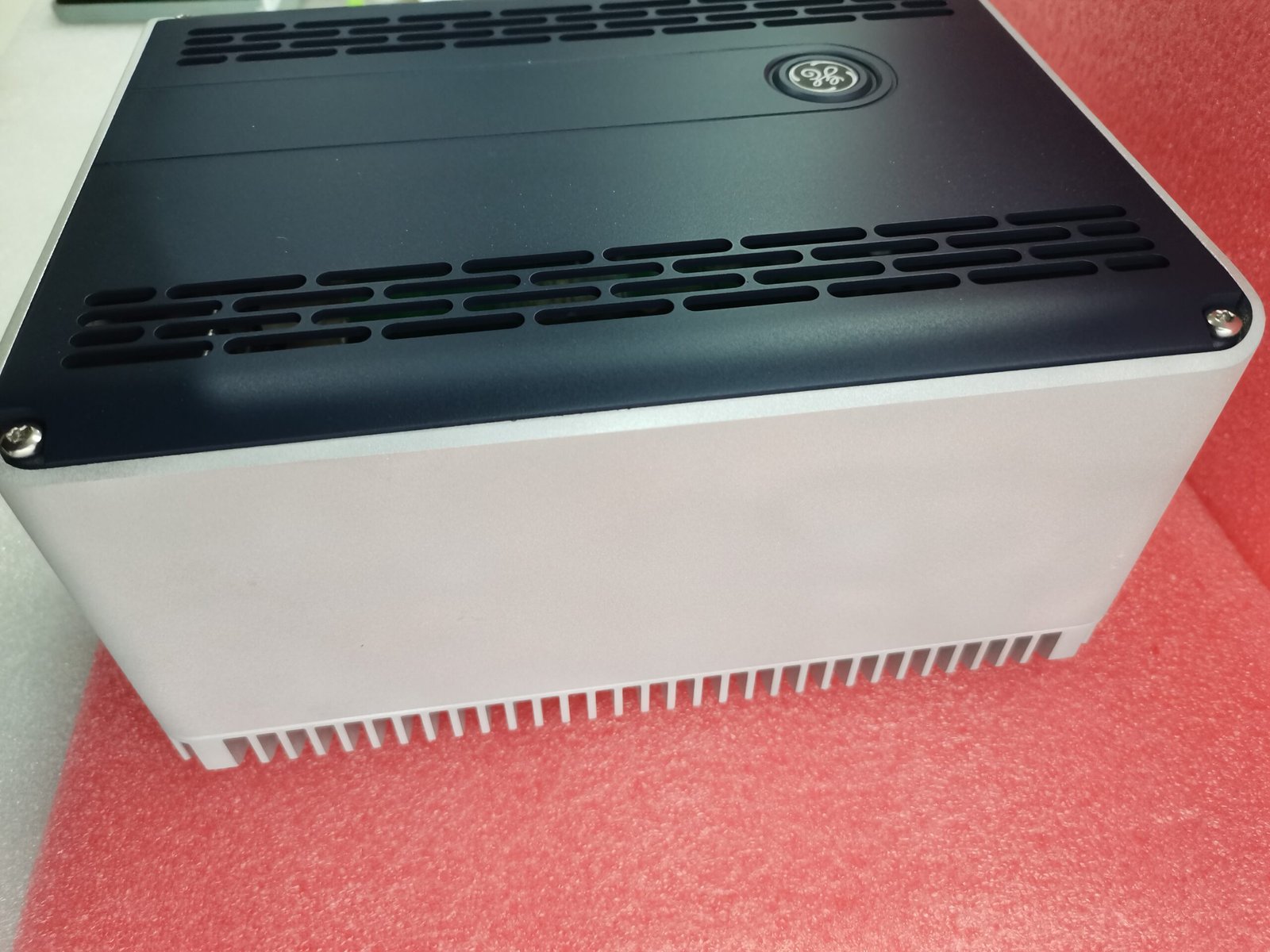Bently Nevada 330180-90-05

Bently Nevada 330180-90-05: Precision Industrial Module Components
When searching for reliable automation engineering solutions, professionals consistently turn to Bently Nevada’s industrial module components. The 330180-90-05 model stands out as a prime example of engineering excellence, offering robust performance in demanding industrial environments.
Technical Specifications
The Bently Nevada 330180-90-05 specifications reveal why this component remains essential for modern industrial applications:
- Operating Voltage: 18-30 VDC with surge protection
- Frequency Response: 0.5 Hz to 12 kHz (±3 dB)
- Temperature Range: -40°C to +85°C operational (-55°C to +105°C storage)
- Vibration Resistance: 20 g peak (10-2000 Hz)
- Shock Tolerance: 50 g for 11 ms duration
- Output Signals: 4-20 mA analog with HART protocol
- Communication Interface: RS-485 Modbus RTU
- Enclosure Rating: IP67 when properly installed
- MTBF: 250,000 hours at 40°C
Furthermore, this industrial module component features advanced diagnostics capabilities that significantly reduce maintenance downtime. The built-in self-test functions continuously monitor operational parameters while providing early warning of potential issues.
Industrial Applications
Due to its exceptional reliability, the Bently Nevada 330180-90-05 serves as a critical component in numerous automation engineering solutions. Power generation facilities particularly benefit from its precise monitoring capabilities, especially in turbine supervisory systems. Additionally, oil and gas applications leverage its rugged design for compressor monitoring in remote locations.
Manufacturing plants implementing Industry 4.0 initiatives frequently incorporate this module into their predictive maintenance strategies. The component’s compatibility with modern industrial networks allows seamless integration with existing control systems while providing valuable machine health data.
Installation Considerations
When implementing the Bently Nevada 330180-90-05, engineers must consider several factors to ensure optimal performance. First, proper grounding techniques significantly reduce electrical noise interference. Second, cable routing should maintain adequate separation from high-voltage conductors. Finally, regular calibration according to manufacturer guidelines preserves measurement accuracy over extended periods.
Many industrial facilities now combine this module with wireless adapters for enhanced flexibility in monitoring hard-to-reach equipment. This approach demonstrates how traditional industrial module components can evolve to meet modern connectivity requirements without compromising reliability.
The Bently Nevada 330180-90-05 continues to set industry standards for monitoring equipment, proving that robust design and advanced functionality can coexist in industrial automation components.









